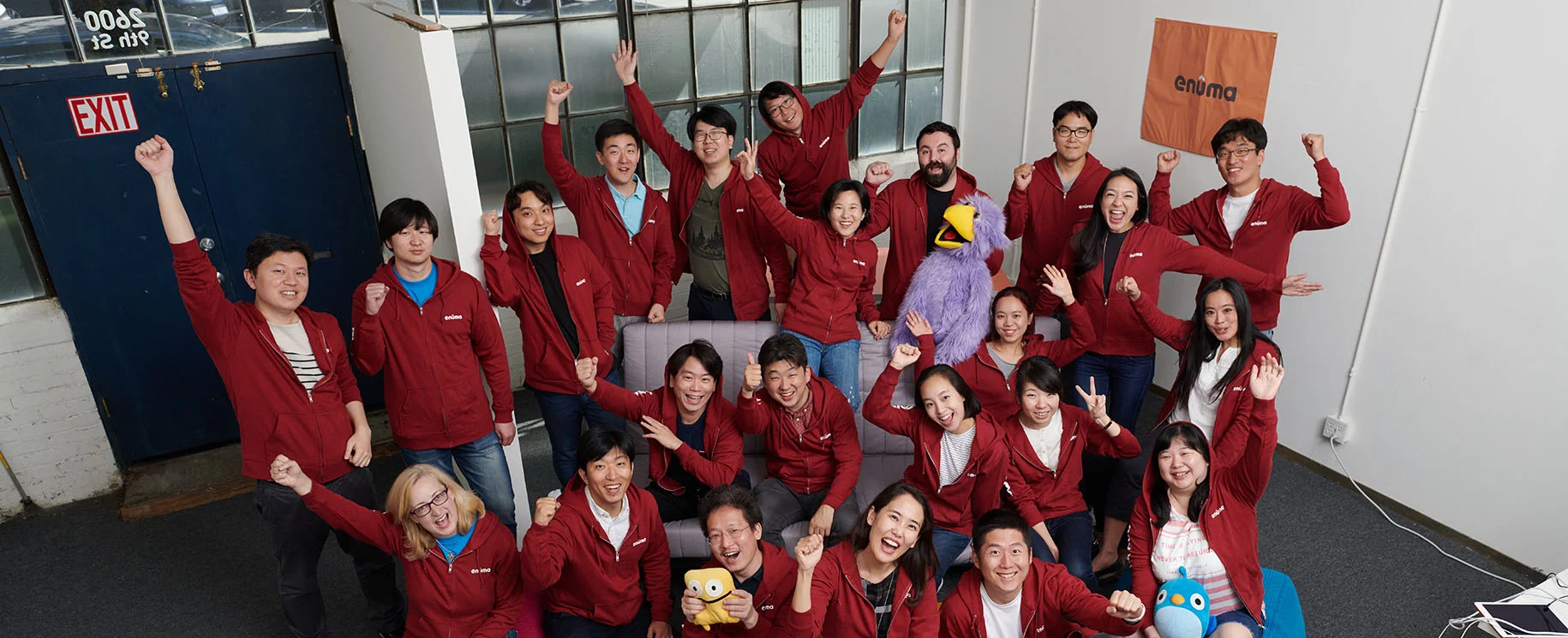
Education inequality continues to be one of the most pressing issues of our era, as more than 250 million children are unable to read, write, or perform fundamental arithmetic calculations, despite years of education.
In order to address this crisis, the **XPRIZE Foundation**, which is renowned for its innovative competitions that aim to address the most pressing issues facing humankind, established a revolutionary initiative: the **Global Learning XPRIZE**. What is its objective? To demonstrate that **scalable learning solutions powered by technology** can enable children with limited or no access to formal education to teach themselves fundamental literacy and numeracy.
The outcome was not merely a competition; it was a movement that aimed to revolutionize education for the most difficult-to-reach children on Earth.
What was the Global Learning XPRIZE?
The Global Learning XPRIZE, which was initiated in 2014, was a **\$15 million competition** that tasked teams from around the world to create **open-source, scalable software** that would allow children in developing countries to independently learn reading, writing, and arithmetic—**without a teacher**.
The competition’s objective was to illustrate that even children from the most marginalized communities could become autonomous learners with the appropriate instruments.
Overview of the Challenge
* **Prize Purse:** \$15 million * **Entrants:** 198 teams from 40+ countries * **Finalists:** 5 teams continued to field testing * **Field Test Site:** 170 localities in **Tanzania** * **Participants:** Over 2,700 children aged 7–10 with limited access to school * ** Period of testing:** 15 months** Assessment:** An independent evaluation of the improvements in literacy and mathematics
The Winners: Onebillion and Kitkit School
In May 2019, the Global Learning XPRIZE was awarded to two teams as **joint winners**, with each team receiving **\$5 million**.
**Kitkit School**
Kitkit School, which was created by Enuma (USA/Korea), provided a flexible and engaging learning experience through games and activities. Personalized learning paths were guaranteed as it adjusted to the tempo and requirements of each individual.
**One billion**
Onebillion, which is headquartered in the United Kingdom, combines a visually appealing, child-centered design with effective math and literacy instruction. The software included feedback mechanisms, activities, and stories that served to maintain the interest of children.
Both solutions achieved **substantial improvements in literacy and numeracy**, frequently surpassing the performance of children in control groups who received formal education.
The Significance of This
Several game-changing factors were demonstrated by the Global Learning XPRIZE:
***Self-guided learning is feasible**—even for children with minimal or no prior education ***Technology has the capacity to expand**—to include remote villages and vulnerable populations ***Open-source innovation is effective**—with successful solutions now available for free adaptation **Collaboration is essential**—among technologists, educators, communities, and governments
The initiative’s most significant accomplishment was the reaffirmation of the right of **every child** to learn, irrespective of their location, income, or circumstances.
Beyond the Prize: What Comes Next?
The Global Learning XPRIZE was not the conclusion, but rather the commencement. The open-source nature of the winning solutions enables governments, NGOs, and educators to **develop and implement** these tools on a global scale.
Organizations such as UNICEF and UNESCO, as well as education administrations, are currently investigating methods to **scale these technologies**, integrate them into national systems, and modify them to various languages and cultures.
Additionally, the competition has initiated ongoing discussions regarding:
* **Digital inclusion** * **Child-led learning models** * **Equity in EdTech** The future of education in low-resource and humanitarian settings**
A Request for Action
The Global Learning XPRIZE’s success demonstrates that innovation can **disrupt injustice and unlock human potential** when it is guided by its intended purpose. However, in order to actually address the global learning divide, it is imperative that we continue to prioritize **education as a universal right**, share knowledge openly, and invest in innovative ideas.
A child who acquires the ability to read, write, and think critically not only acquires knowledge, but also the ability to influence their own future.
Explore the open-source tools or learn more: [www.xprize.org/prizes/global-learning] (https://www.xprize.org/prizes/global-learning)
Leave a Reply